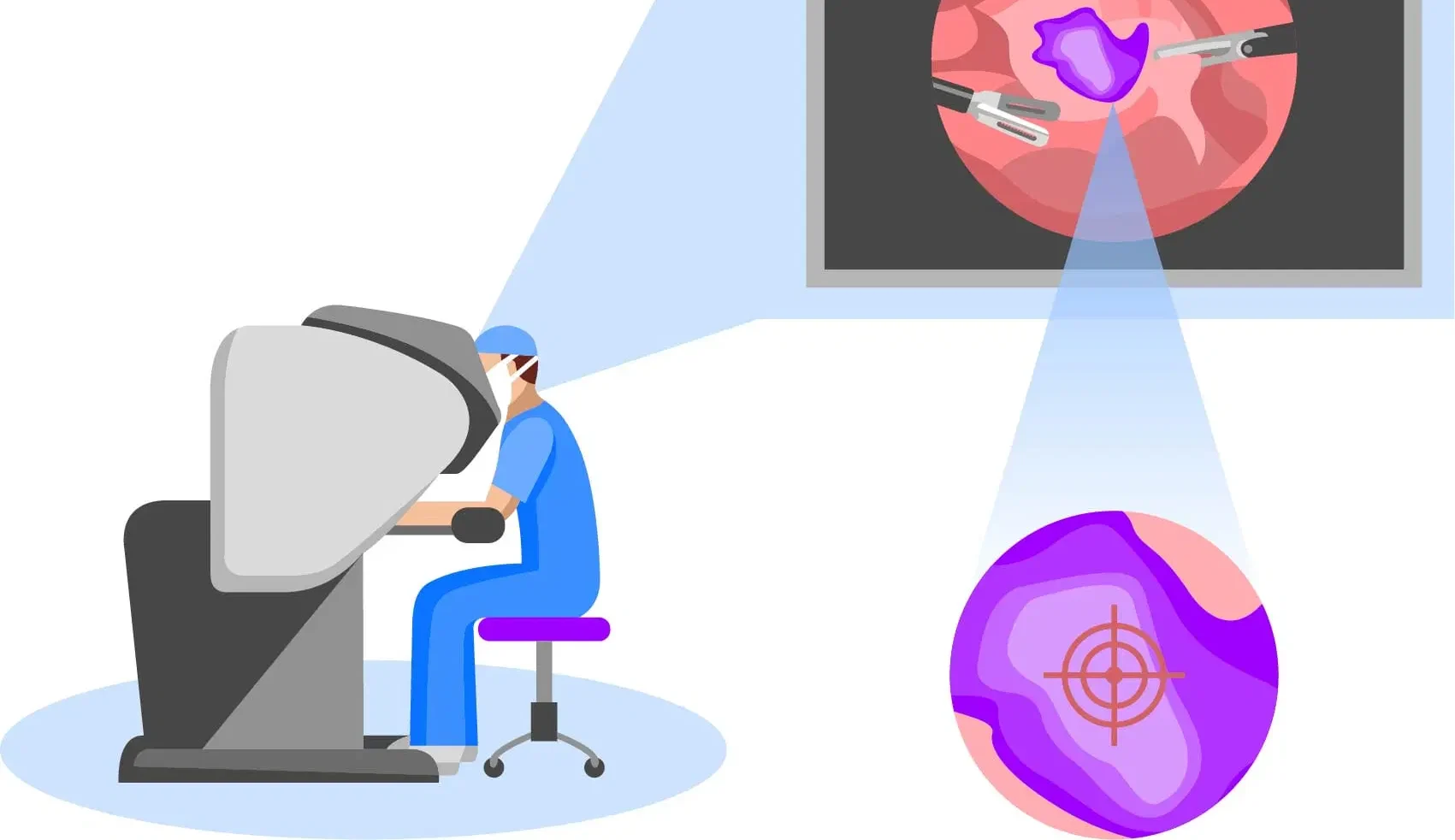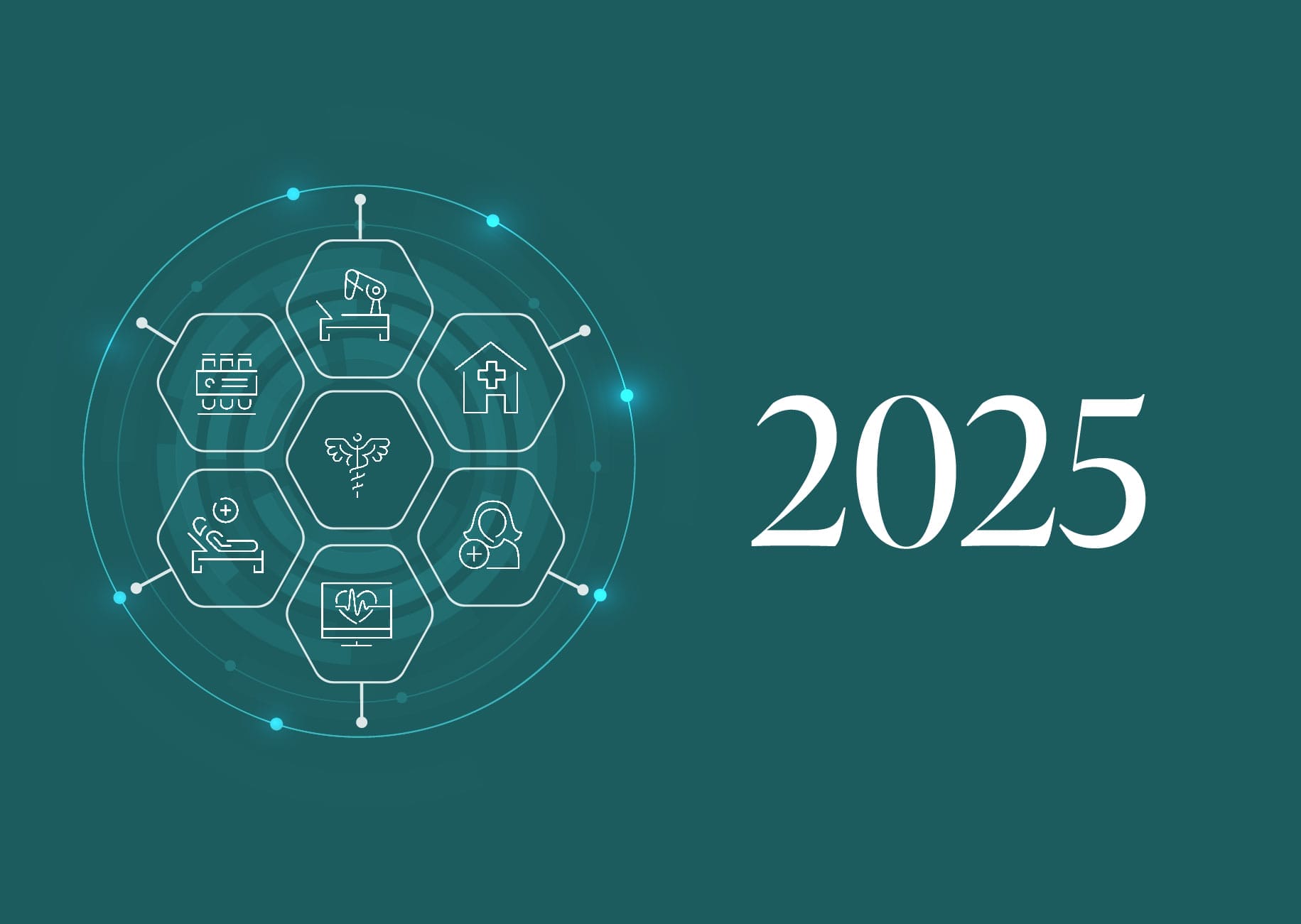Hermione Blakiston says gender disparity in the incidence of Alzheimer’s highlights the need for new diagnostic methods and could present opportunities for women-specific therapeutics.
Statistics on the disproportionate impact of dementia – particularly Alzheimer’s disease – on women indicate that this is a critical women’s health issue. Globally, women represent 65% of total deaths due to dementia and it has been the leading cause of death for women in England and Wales for more than a decade. In the United States, nearly two thirds of people living with Alzheimer’s are women.
Accelerating the commercialisation of blood tests for earlier diagnosis, and therefore earlier intervention, could significantly improve prognoses for women with Alzheimer’s. Understanding why women are at greater risk of developing the disease would take this one step further. Identifying pathological or mechanistic pathways that distinguish the sexes may reveal opportunities for tailored therapeutic approaches.
Benefits of blood-based Alzheimer’s diagnosis
Blood-based diagnosis of Alzheimer’s is a hot topic at present. Pathologies characterised by the accumulation of amyloid and tau proteins in the brain (leading to the formation of amyloid plaques and tau tangles) are a focal point. These plaques and tangles damage cells, and as the body works to clear them, proteins may cross into cerebrospinal fluid (CSF) and the bloodstream.
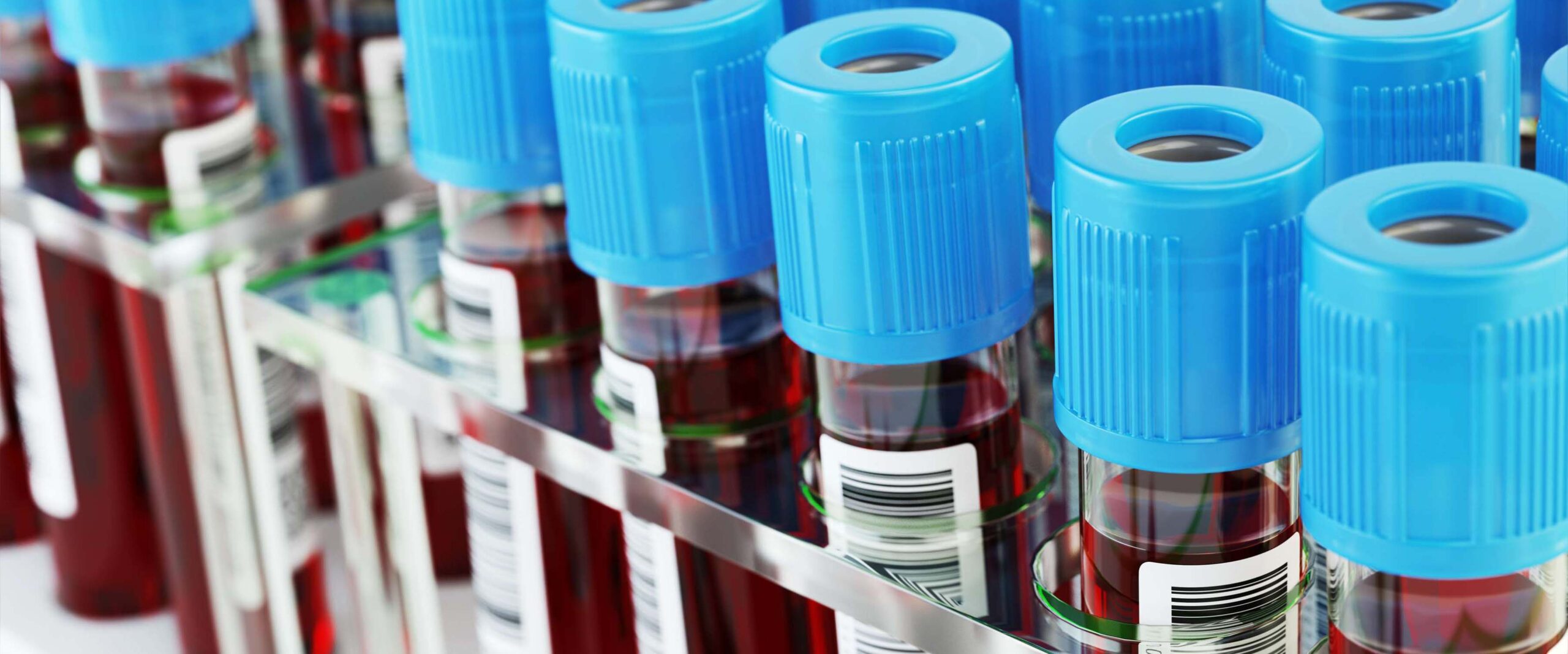
Traditionally, amyloid and tau biomarkers found in CSF have been used for Alzheimer’s diagnosis, with tests performed in specialist clinics after clinical symptoms are confirmed. However, blood-based biomarkers are emerging as an accurate but less invasive alternative which could facilitate much earlier diagnosis. Combined with advances in monitoring pathology, use of blood biomarkers could help identify individuals who would benefit from early treatment, making preventive care more accessible and effective.
For instance, with amyloid β plaques known to accumulate decades prior to symptom onset, researchers are exploring the benefits of early administration of anti-amyloid antibody drugs. An article in Nature on the future of Alzheimer’s treatment reports that recent trials suggest these antibodies are of little clinical benefit once a person has progressed beyond mild dementia, regardless of how well plaques are cleared. Nevertheless, early intervention might prevent progression to severe cognitive decline.
Ongoing trials are testing this preventive approach. Treatment currently requires fortnightly intravenous infusions at specialist clinics, making it less accessible to under-served groups. However, sub-cutaneous injectable versions are under development and some neurologists believe these will become available in the next 12 to 18 months.
Improving accessibility
The ability to perform both testing and treatment in a primary care setting would fast-track the diagnostic process and enhance accessibility. Combining a blood diagnostic with early-stage, injectable drugs could drive significant progress addressing the human, societal, and economic costs of Alzheimer’s.
All people with Alzheimer’s would benefit from earlier diagnosis and treatment, but the higher prevalence in women would make this a major gain for female health. What’s more, it could stimulate cumulative benefits for women such as tailored treatments and preventive measures, as well as more gender-inclusive research on disease mechanisms and pathologies. Indeed, while age is the main risk factor for Alzheimer’s, the potential impact of menopause on its development in women is increasingly commanding attention.
Exploring links between Alzheimer’s and menopause
Another article recently published in Nature leads with the fact that while women are twice as likely to develop Alzheimer’s, scientists don’t know why. The authors go on to consider how changes associated with menopause may play a part in gender disparity.
It’s widely acknowledged that perimenopausal and postmenopausal women may experience cognitive challenges such as brain fog and memory lapses. A 2015 study focused on white matter degeneration in the female brain indicates that as women age, there are changes in how brain cells use energy. Degeneration of myelin – a protective covering of nerve fibres which facilitates quick and efficient transmission of nerve signals – was also confirmed by the study.
Oestrogen, the steroid hormone primarily involved in the reproductive cycle, is also important for facilitating glucose uptake into brain cells. Since oestrogen naturally declines during menopause, one hypothesis is that some women’s brain cells switch to auxiliary fuels to sustain energetic demands. For instance, when glucose is scarce, they may catabolise myelin lipids to generate ketone bodies which serve as an alternative energy source.
So, physiological changes during menopause may play a role in the mechanistic pathway of Alzheimer’s. It follows that the catabolism of myelin and other menopause-related pathologies are worth considering as potential gender-specific therapeutic targets.
On a similar note, diabetes is one of the largest risk-factors for dementia, with metabolic issues linked to inflammation, oxidative stress, and altered blood flow impacting brain health. Interestingly, a study published in April 2025 found that people with type 2 diabetes who take two common anti-diabetes medications (GLP-1RAs and SGLT2is) had a reduced risk of Alzheimer’s and associated dementias.
Innovation opportunities for Alzheimer’s management
Diagnostic assays
There is a sense of urgency surrounding the need for earlier diagnosis to ensure patients benefit from new drugs like Kisunla and Leqembi which can slow early Alzheimer’s disease. Blood tests are widely seen as an enabler of this, and steady progress is being made.
Biomedical companies leading blood diagnostics developments have not yet received full FDA approval, but tests developed by ALZpath, Quanterix, and Fujirebio have been granted Breakthrough Device designation. Meanwhile, in the UK, the Alzheimer’s Society is looking to generate the evidence needed for blood tests to be used in the NHS. The charity recently announced that the first participants have been accepted for trials it is running as part of the Blood Biomarker Challenge.
In this context, overcoming technical challenges linked to blood biomarker assays is imperative. Test sensitivity, sample stability, and reagent specificity are priority areas. It’s also important to look at reducing costs and increasing the throughput of tests to ensure they are commercially viable. Sagentia’s diagnostic experts consider ways to solve the technical challenges here.
Prediction and treatment
Diagnosis is just one part of the Alzheimer’s management journey. Further exploration of the way women’s brain cells use energy during, and post menopause could reveal new opportunities for predicting and treating the disease in women. Links with diabetes warrant closer investigation too.
A 2024 study reviewed the impact of Continuous Glucose Monitoring (CGM) on cognitive outcomes in people with comorbid dementia and type 2 diabetes. Findings suggest that CGM may significantly lower the risk of cognitive decline and dementia. While the precise mechanisms remain unclear, they may involve reduced neuroinflammation and oxidative stress, improved cerebral blood flow, and enhanced insulin signalling in the brain. Protective measures based on this would aim to stimulate neurogenesis and boost mitochondrial function.
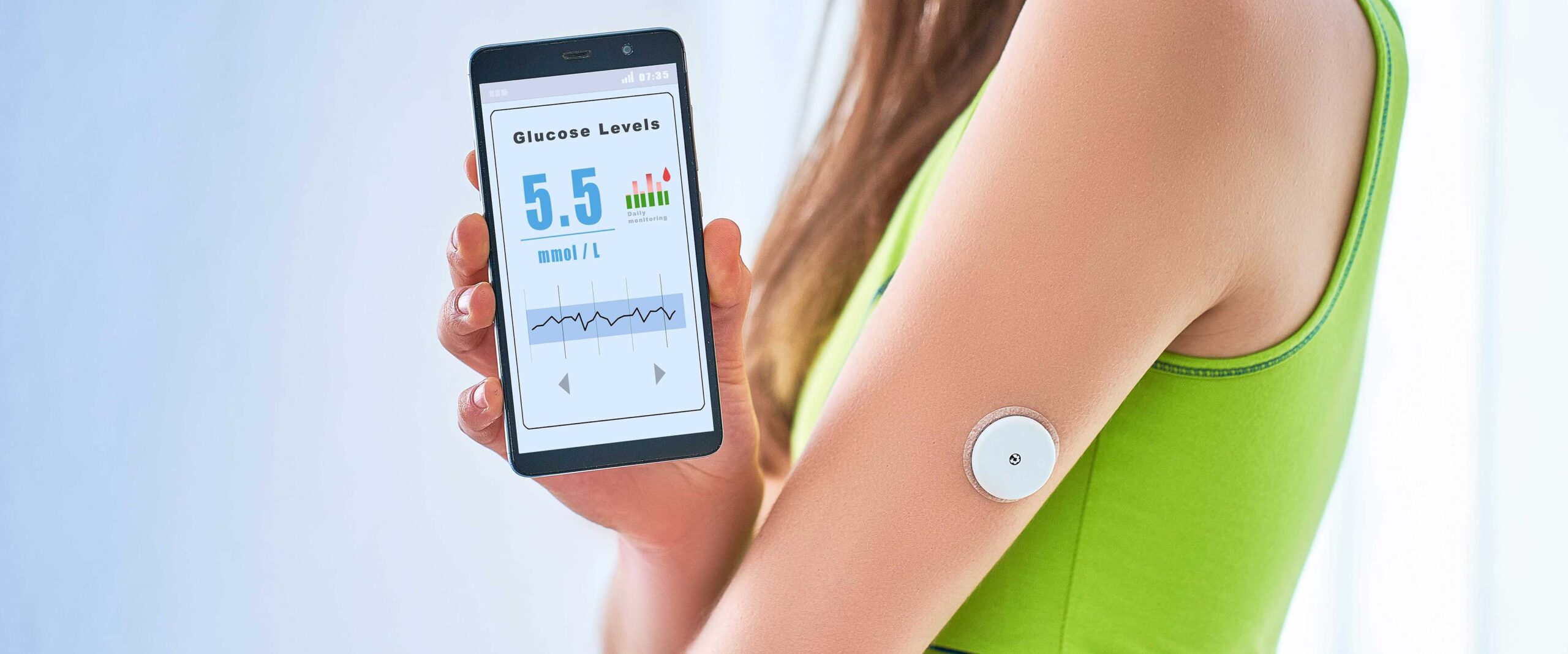
In terms of tailored therapeutics, a combinational approach using insulin-regulating CGM and metabolic restorers such as nicotinamide riboside and dapagliflozin could hold scope for innovation. By improving brain glucose metabolism and targeting mitochondrial function, this may slow white matter catabolism for menopausal and diabetic women at intermediate or high risk of Alzheimer’s.
There may be innovation opportunities linked to genetic risk factors that affect women disproportionately too. One of the most significant is a variant, or allele, of the apolipoprotein E gene called APOE4. Inheriting APOE4 does not necessarily mean a person will develop Alzheimer’s, but studies show that women with the allele are at a higher risk than male carriers. It’s worth noting that a study published in 2021 indicates that APOE4 may disrupt lipid metabolism in brain cells. The study also revealed that while yeast cells (which have a similar lipid metabolism pathway to human cells) were disrupted by APOE4, supplementing them with choline restored normal lipid metabolism. The researchers were eager to discover whether dietary supplementation of choline in human carriers of APOE4 might offer protection against the development of dementia or Alzheimer’s.
Several Alzheimer’s risk factors overlap with those of other diseases which present differently in women and men. Coronary heart disease is a prime example. This can lead to pathologies including hypoperfusion (reduced blood flow) and microemboli (small clots) which are linked to Alzheimer’s. Proactive management of modifiable risk factors, such as obesity and smoking, could be beneficial here. Such steps might be facilitated through more effective identification of women in the early stages of cardiovascular disease.
How Sagentia Medical can help
Innovation efforts that accelerate the commercialisation of blood-based diagnostics for Alzheimer’s will play a crucial role enabling earlier and more effective treatment. It’s also important to look beyond diagnosis to drive further progress on this critical women’s health issue. Sagentia Medical can help on both counts.
From a diagnostic perspective, our consultants have experience in the design of microfluidics, consumables, and instrumentation for high-sensitivity immunoassays (including digital immunoassays) as well as chemiluminescence and multiplex fluorescence assays. We also have a strong track record disrupting the status quo in women’s health, blending deep empathy and human factors insights with scientific and technological capabilities. The development of advanced therapeutics and CGM are core capabilities. For instance, we have helped clients with developing devices for cervical pre-cancer treatment and accelerating the provision of an accurate and reliable diabetes management ecosystem.
If you’re looking for expert support with your next diagnostic or therapeutic innovation project, we’d love to help. Contact us here or email [email protected].
Read more of our insights
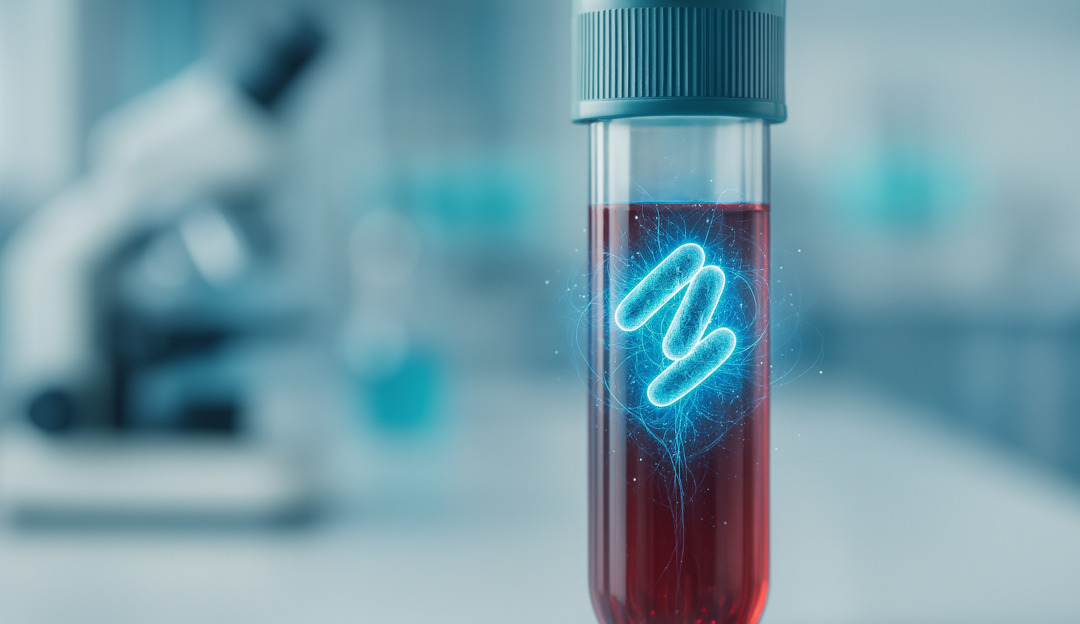

June 20, 2025
Closing the Alzheimer’s gender gap: innovating around early diagnosis and treatment
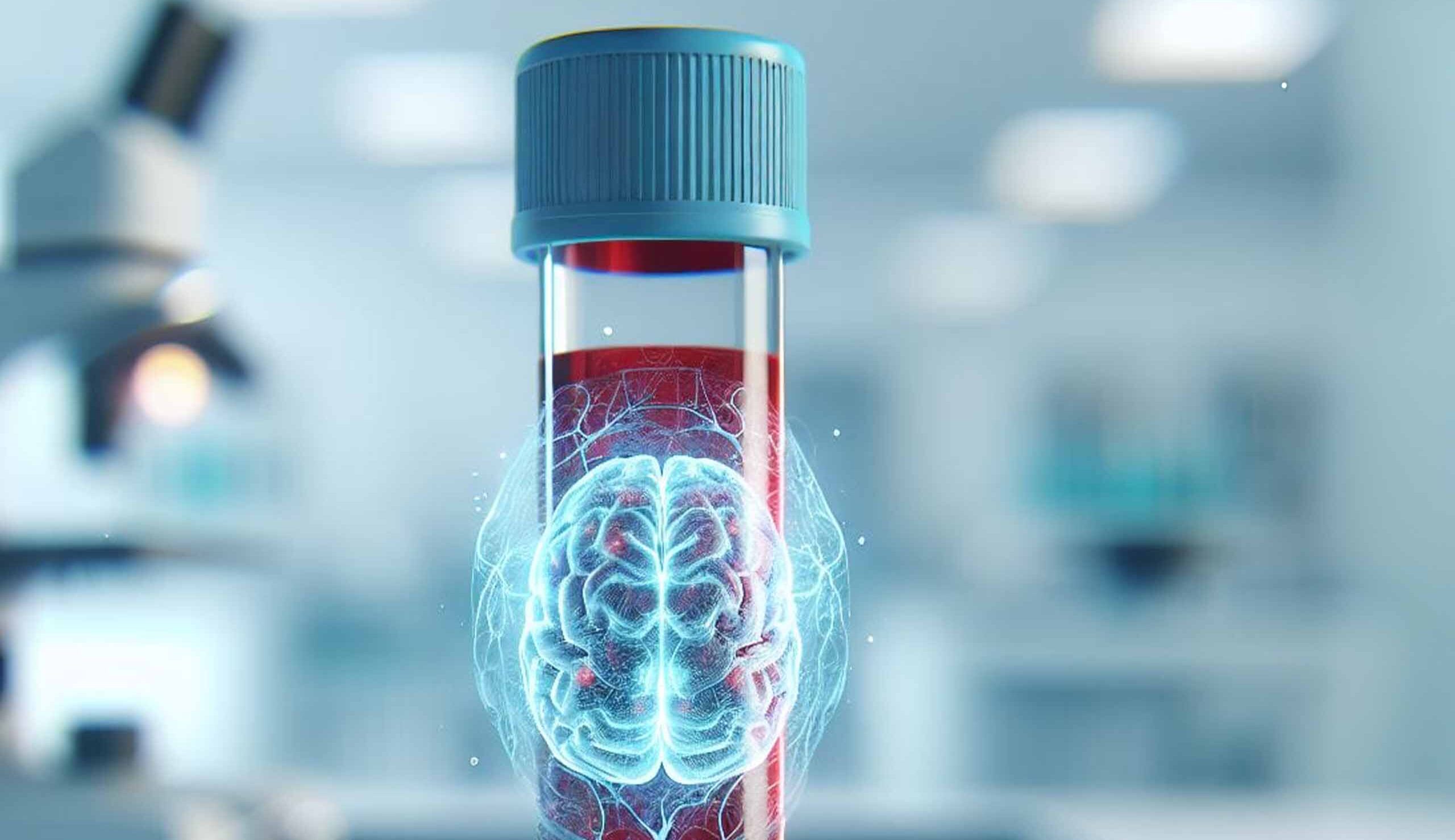
April 24, 2025
Overcoming technical barriers to blood-based diagnosis of neurodegenerative disease

February 13, 2025
Five critical factors for the commercialisation of women’s health technology

